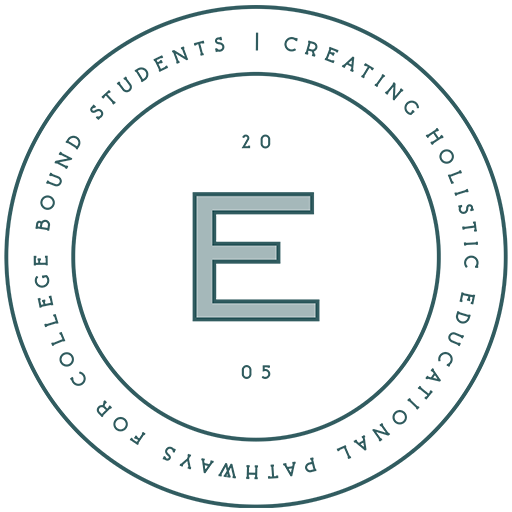As parents, we know that not all colleges are created equal when it comes to supporting students with disabilities and neurodiversity. While brochures and admissions offices may highlight their accommodations, how do you really know which universities are fully committed to accessibility, inclusion, and student success?
The Johns Hopkins Disability Health Research Center created the University Disability Inclusion Dashboard. This data-driven tool is designed to help parents and students evaluate how well top U.S. universities support students with disabilities. Finally, there’s a way to compare schools based on real policies, services, and accessibility—not just marketing language!
Why This Tool is a Must-Use for Parents of Neurodiverse Students
When researching colleges, we typically focus on academics, campus life, and financial aid. But for students with ADHD, autism, dyslexia, processing disorders, or physical disabilities, the ability to access accommodations, advocate for support, and feel included on campus can make or break their college experience.
This dashboard analyzes and ranks 50 top U.S. universities based on four critical factors:
- Accessibility: How well are the physical and virtual environments designed to support students with disabilities? This includes everything from wheelchair-accessible buildings to online learning platforms.
- Accommodations Process: Is the process of requesting academic accommodations clear, supportive, and student-friendly? Are disability services robust and easy to access?
- Public Image & Transparency: Do universities actively promote disability inclusion? Are there public-facing statements and data that show a commitment to supporting neurodiverse students?
- Grievance Policies: If accommodations aren’t provided or accessibility issues arise, does the school have a clear, fair process for handling complaints?
How to Use This Dashboard in Your College Search
- Check the rankings. See how different universities compare in terms of disability inclusion and accessibility.
- Look beyond the score. Dive into the specific areas where schools excel or need improvement—some may be strong in accommodations but lack clear grievance policies.
- Use this as a conversation starter. When touring campuses or speaking with disability services offices, ask direct questions based on the dashboard’s findings:
- How does your accommodations process work?
- What student feedback have you received about accessibility on campus?
- What support do you provide for executive functioning challenges?
- Advocate for your student. If a school is missing key support, ask how they plan to improve. Sometimes, just asking the right questions can help push a school toward change.
A Tool Every Parent Should Use
This dashboard is a game-changer for families navigating the college search process for students with disabilities and neurodiverse learners. Instead of relying on vague marketing claims, you can now see real data and rankings on which universities walk the talk regarding accessibility and inclusion.




